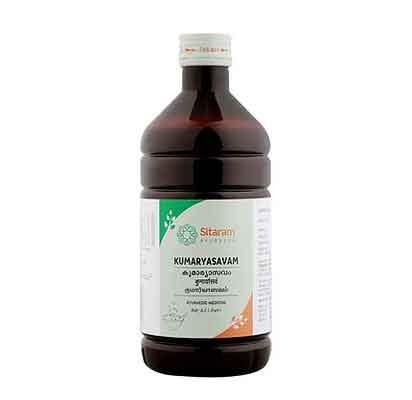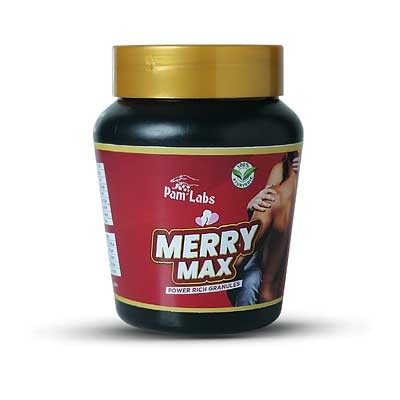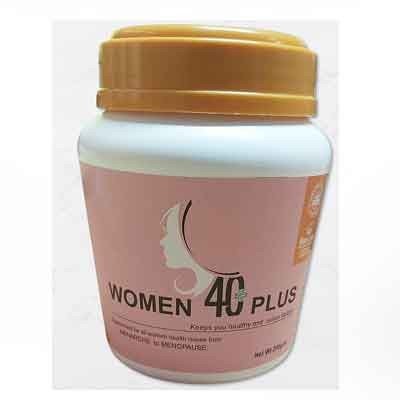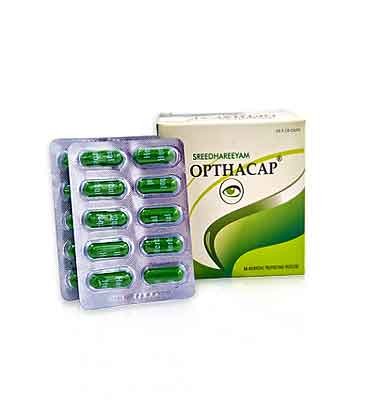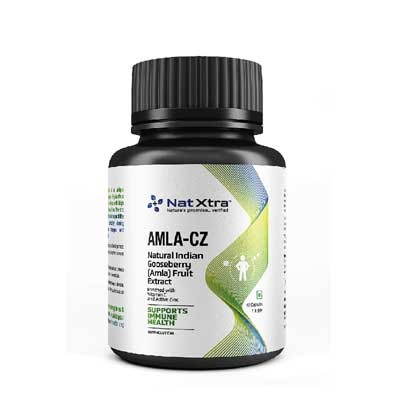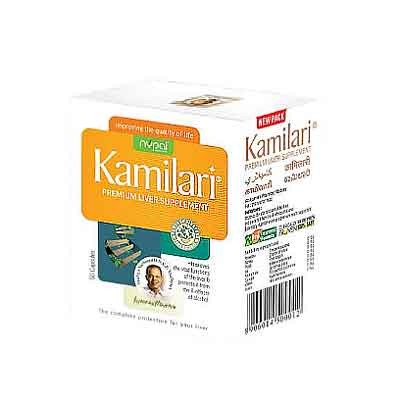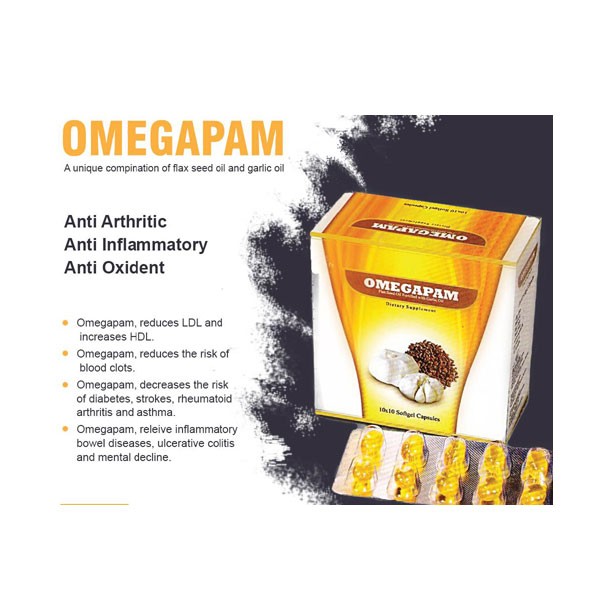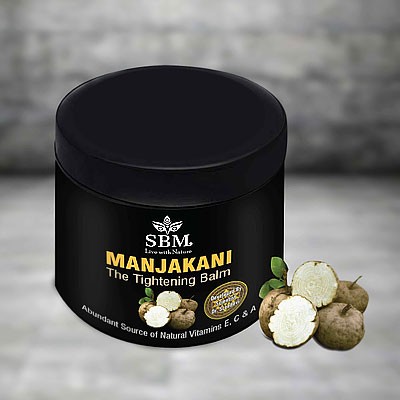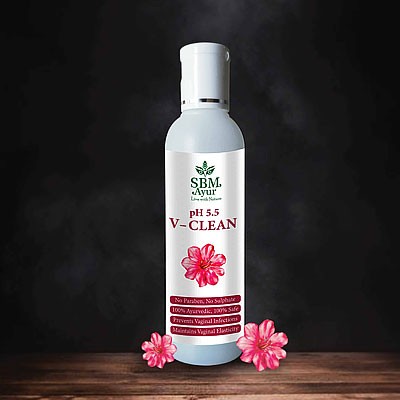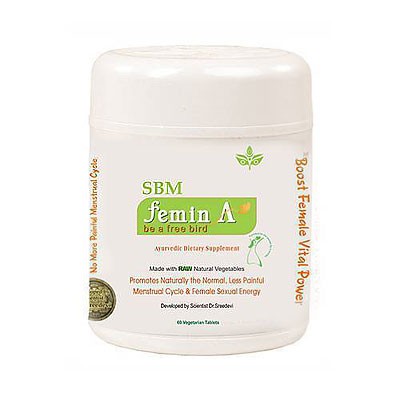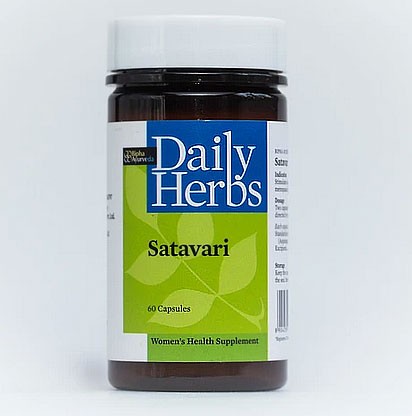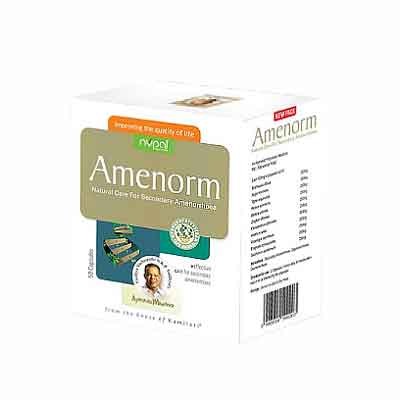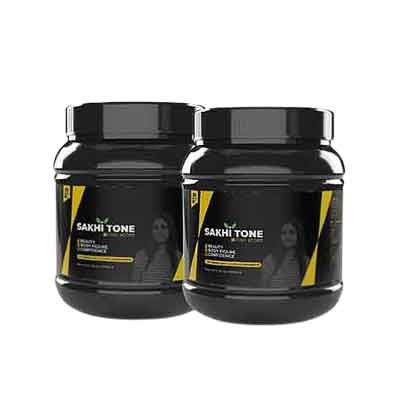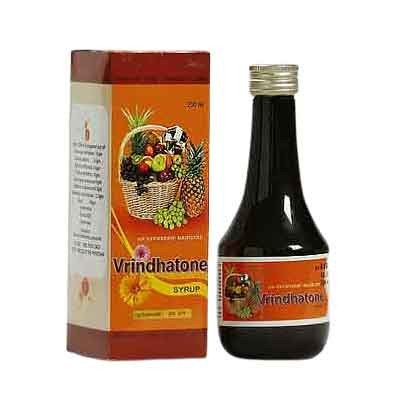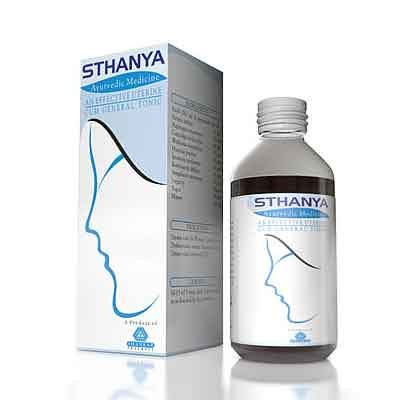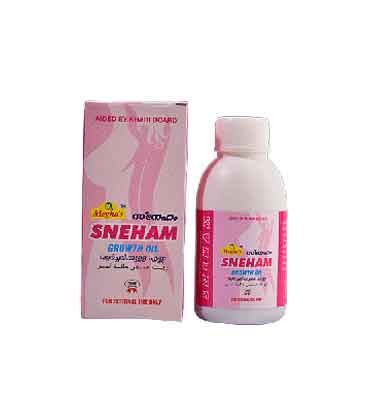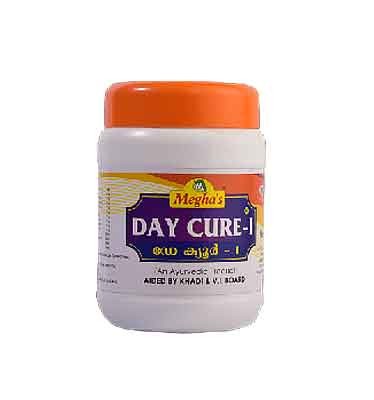- Stimulates the ‘jatharagni’ and ‘dhatwagni’ which translates to good digestion and tissue metabolism.
- Instrumental in improving blood Hb levels. The formula contains elemental iron along with drugs having amla rasa (sour medium), which facilitates good uptake of iron from the gut.
- Widely used in restoring menstrual health in women.
- Remedies symptoms associated with anemia like pallor, breathlessness and fatigue.
- Good remedy for symptoms associated with obesity and a sluggish thyroid gland. Stimulates weight loss and a healthy metabolism.
- Prevents intestinal worms. Improves gut health and function. Improves appetite.
- Beneficial in relieving recurrent cold, fever and sinusitis arising from Kapha vitiation in the body.
Dosage
Adult: 25-30 ml twice or thrice daily after food.
Child: 10-15 ml once or twice daily after food.
Key ingredients and their properties:
GUDA
Jaggery is known to produce heat and provides instant energy to the human body. It prevents constipation due to its laxative property and activates digestive enzymes. As per Ayurveda, eating Jaggery daily after meals improves digestion due to its Ushna (hot) property.
KUMARI (Aloe vera)
It is gel from the leaves of aloe plants. People have used it for thousands of years for healing and softening the skin. Aloe has also long been a folk treatment for many maladies, including constipation and skin disorders. Modern-day research into aloe vera’s benefits is mixed, with some evidence showing it can cause cancer in lab animals.
SHUNTI (Zingiber officinale)
Due to its strong flavor, Ginger is an essential ingredient in many Asian cuisines. Its therapeutic benefits have been recorded in Ayurvedic and Traditional Chinese Medicine. Ginger is a potent anti-nauseatic and is beneficial in treating upset stomach.Gingerol and shogaol, active components of Ginger, suppress gastric contractions. Both the fresh and dried rhizomes of Ginger suppress gastric secretion and reduce vomiting. The compounds 6-gingerol and 6-shogaol have a number of pharmacological properties, including antipyretic, analgesic, antitussive and hypotensive properties.
PIPPALI (Piper longum)
Pippali is known as ‘tridoshic’ herb as it suits all body types. Thus regular consumption of pippali in the suggested quantity can help you to immune your body to quite an extent. Pippali has Anti-microbial, Anti-inflammatory activity. Consumption of pippali is said to exhibit anti-spasmodic action and hypoglycaemic effect which is believed to lower blood sugar levels. It is also reported to be the antagonist in respiratory depression. Also due to its cooling post-digestive effect consumption of pippali is considered as a safe and effective option to avoid all sorts of digestive disorders.
MARICHA (Piper nigrum)
is native to the Western Ghats of India. It is cultivated for its fruit, which is widely used as a spice and in traditional Indian medicine preparation..Black pepper is an appetizer and carminative commonly used in the treatment of digestive systems-related complaints like dyspepsia, indigestion, flatulence, nausea, diarrhea and colic pain. In the respiratory system, it acts like an Expectorant used in Cough, cold and chest congestion. Externally used as an analgesic and in Vitiligo it stimulates the production of pigments.
NAGAKESARA (Messua ferrea)
Ironwood Tree possesses many therapeutic benefits. It is a hemostatic that stops bleeding and is also an anti-inflammatory. The Ayurvedic Pharmacopoeia of India recommends the use of the plant in gout, hemorrhagic disorders and diseases of the urinary bladder.
PIPPALIMOOLA (Piper longum)
Pippali is known as ‘tridoshic’ herb as it suits all body types. Thus regular consumption of pippali in suggested quantity can help you to immune your body to quite an extent. Pippali has Anti-microbial, Anti-inflammatory activity. Consumption of pippali is said to exhibit anti spasmodic action and hypoglycaemic effect which is believed to lower blood sugar levels. It is also reported to be the antagonist in respiratory depression. Also due to its cooling post-digestive effect consumption of pippali is considered as a safe and effective option to avoid all sorts of digestive disorders.
VIDANGA (Embelia ribes)
Commonly known as false black pepper. This herb helps to relieve constipation. When consumed in form of tea it helps in emptying of the bowel. It normalizes Agni and prevents indigestion. It has laxative, antifungal, antibacterial properties.
DHANYAKA (Coriandrum sativum)
Fresh leaves and seeds have been integral parts of Indian dietetics. Chopped leaves and powdered coriander are used for garnishing various food items in India. Primarily both of them have a significant effect on the digestive process. Coriander prevents flatulence and controls spasmodic pain as recommended by Ayurveda. Extract of coriander seeds has a marked antispasmodic activity.
KATUROHINI (Picrorhiza kurroa)
Commonly known as katuki. Used to treat skin conditions including eczema and vitiligo, a disorder that causes white patches on the skin. It is considered to be an important detoxifying or liver degenerating herb. Consumed with either warm water or ghee, it can naturally protect the body from seasonal dangers. You can also try adding powdered katuki to your meals to boost your health.
MUSTA (Cyperus rotundus)
Commonly known as common nut sedge. Effective in gastritis, irritable bowel syndrome. Due to its breast purification property, it is used during postpartum care to avoid indigestion to the child. Nut Grass has a long history of medicinal use in the Ayurvedic system of medicine. Its benefits have been documented in the Charaka Samhita, one of Ayurveda’s prime texts. The herb also features heavily in the medicinal texts of Chinese Traditional Medicine (CTM). In CTM, Nut Grass is credited with the ability to restore ‘qi’, the natural patterns in which the body functions.
HAREETHAKI (Terminalia chebula)
Popularly known as Indian walnut for its innumerable benefits or Indian hog plum in English, it is extremely valuable for its role in improving hair health. It is useful for treating scalp infections like dandruff, itching and hair fall. It also strengthens them from the roots, prevents breakage and loss of hair and bestows silky soft smooth hair. Chebulic Myrobalan is one of the three key ingredients in Triphala, a natural compound that provides overall support for digestive function and helps ensure that the digestive tract works at optimal levels. The Ayurvedic Pharmacopoeia of India has documented the use of the powdered herb in intermittent fevers and chronic fevers, anemia and polyuria.
Chebulic Myrobalan can also be used to treat gastrointestinal and respiratory disorders.
AMALAKI (Emblica officinal)
It is commonly known as the Indian gooseberry is high in vitamin C and natural antioxidants known as flavonoids and polyphenols. When used for hair treatments, it is found to strengthen and condition follicles down to the roots. Amla oil can promote hair growth, reduce dandruff, and prevent the graying of hair.
VIBHITHAKI (Terminalia Bellerica )
Known as beach almonds or Bedda nut tree It is rich in Vitamin C,and other antioxidants that nourish the hair roots. Bibhitaki helps in making the roots of the hair stronger, minimizing hair fall and preventing premature graying of hair strands.
DEVADARU (Cedrus deodara)
Himalayan cedar is very effective in neurological disorders, asthma, pruritis, infested wound. Devadaru is also effective in arthritis and headache. Deodar oil contains two major sesquiterpenoids a – and ß- himachalenes. Deodardione and deodardione are also isolated from the essential oil. The oil shows invitro antibacterial, antifungal and anti-inflammatory activity.
RASNA (Alpinia Galanga)
Rasna is an Ayurvedic Medicinal which is a rhizome grown in most of Southeast Asia and is used in cooking and homemade remedies. Rasna plant is used in many Ayurvedic medicines in India, Tibet, Africa to help with inflammation, bronchitis, asthma, cough, indigestion, piles, joint pains, obesity, diabetes. The paste of the leaf is also applied externally to reduce swelling.
HARIDRA (Curcuma longa)
The anti-inflammatory and antioxidant properties of Haridra assist in preventing the progression of diabetes-related changes in organs like the kidneys, retina, nerve cells and minute blood vessels in the body. The root of the herb, used either fresh or dried, has a host of medicinal benefits. It acts as a carminative and also enhances the complexion and skin-tone. In addition, Turmeric can be used to combat liver damage, respiratory disorders and ulcers.
KAPIKACHU(Mucuna pruriens)
Kapikachhu helps improve sperm count and its ability to swim (motility). The herb prevents cellular oxidative stress by and improves semen quality, supports sperm production, and maintaining a healthy semen balance.
BALA (Sida cordifolia Linn)
The Ayurvedic system of medicine considers Bala or Sida cordifolia as a tonic, astringent, emollient, and aphrodisiac. The drug also forms a chief ingredient of several important formulations and preparations in Ayurveda. Internally, bala is believed to be a very effective nervine tonic and rasayana for all kinds of vata disorders.
HINGU (Ferrula asafetida)
Hingu is an Indian spice used for flavoring food and in herbal medicines for the treatment of digestive and mental ailments. However, flavoring food is not the main concern of hing spice. The main concern of using it in food is to prevent digestive ailments such as gas, flatulence, bloating and abdominal distension.
